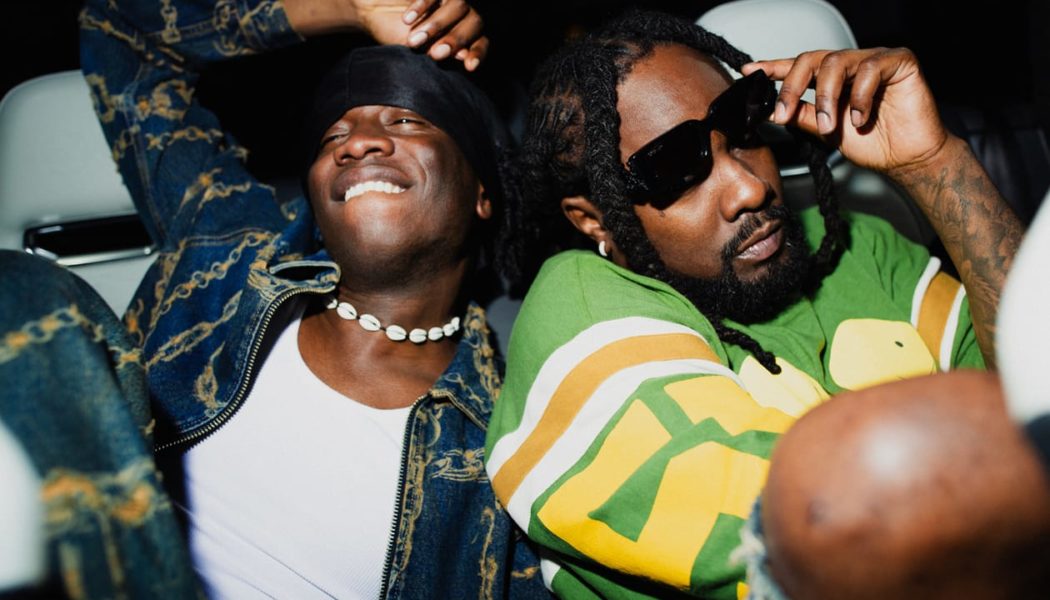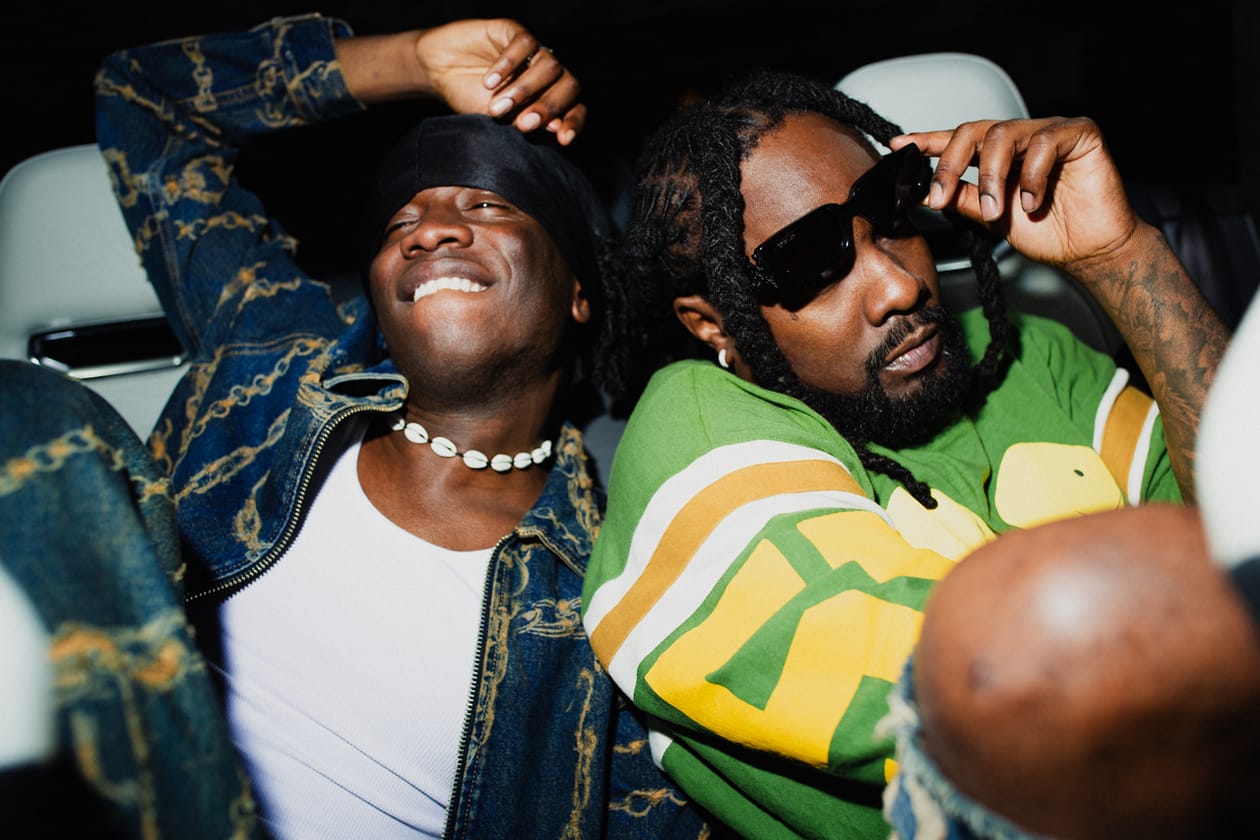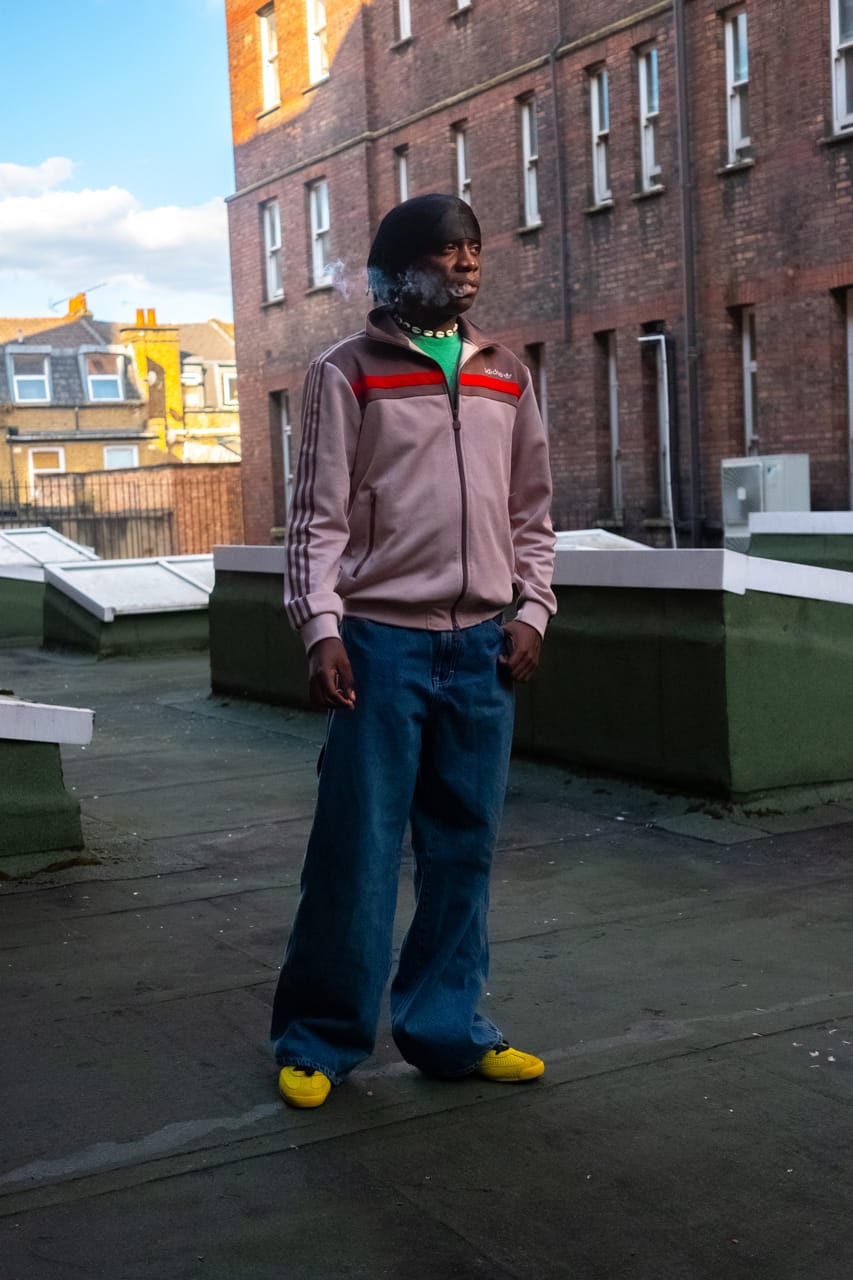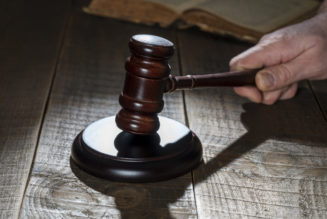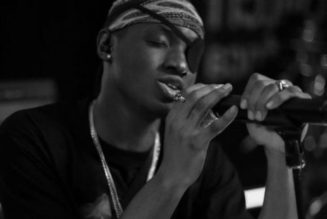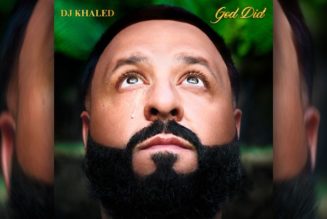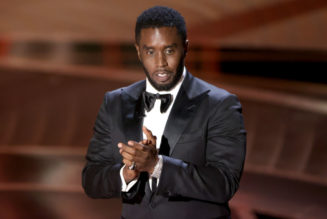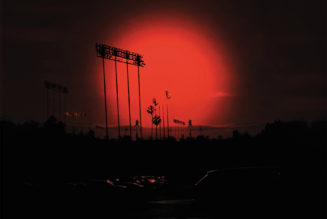Wale had just touched down in London, fresh off a cross-Atlantic flight, and was in the mood for some music. Fortuitously for Master Peace, a 24-year-old London-based artist, the track that happened to be playing on BBC Radio 1 at the time was “Start Me Up,” a cut from his own debut album How To Make A Master Peace, which was released earlier that morning. Even more fortuitously for Master Peace, Wale was transfixed. He messaged Peace on Instagram and not long after, the two were hitting London’s clubs together.
The following week, the duo linked again for an official studio session: Peace already had a song in the works that he thought Wale would fit perfectly on. Eventually, Wale had to return stateside but Peace would later fly out to meet him in Los Angeles, where they put the finishing touches on their collaborative effort “Home.” Interspersing Wale’s smooth flow with Peace’s sing-song delivery style, which teeters between rap and indie, “Home” is a testament to the eclecticism and experimentation that’s come to characterize Peace’s discography.
For Master Peace – government name Peace Okezie – embracing a smorgasbord of influences is less a conscientious decision than a learnt behavior, ingrained in him long before he even started making music.
“I went to a school that was quite posh,” Peace recalls. “I had friends that listened to indie bands like Arctic Monkeys and Bloc Party. But in my neighborhood, my friends were listening to loads of street rap.”
Although Peace didn’t harbor any particular musical aspirations as a teenager, his friend group often experimented with making beats and he’d occasionally chime in on their creative efforts. They eventually began releasing music as a rap group called AB, including a song that Peace was featured on. As one of AB’s tracks began to garner some buzz, Peace realized he was more attracted to making pop music. The artist recalls that around 2017, Dua Lipa had dropped the song “New Rules.”
“I just remember thinking, ‘oh my god, this is insane.’ It kind of spun my brain,” Peace says.
Peace’s music doesn’t immediately evoke pop connotations, even if Lipa was one of his original sources of inspiration. He officially launched his solo career in 2018, and his early work is more akin to Khalid’s easy-breezy tone However, his first EP, 2023’s Peace of Mind, Peace deviated to the other end of the indie spectrum entirely with brash, heavy instrumentation and punky production that sounds like it was engineered in someone’s basement. The cover art, a grainy film photo of three friends, one of whom is mooning the camera, is the icing on the cake.
After the release of Peace of Mind, Peace initially planned to put out a second EP but jokes that his team “forced” him to create his debut LP. He joined up with producer Matt Schwartz in January 2023, who, on a time crunch, told Peace that he only had two weeks open to record the album. Every day, Peace and Schwartz made a new song.
In May, the artist tacked on a weeklong session in the US with a few more producers. When his flight back to the UK rolled around, How To Make A Master Peace was complete.
“I didn’t want to be precious. The album will be what the album will be.”
“Every song on the album was fresh,” Peace says matter-of-factly. “I didn’t want the album to contain any old music because I didn’t want to be precious. The album will be what the album will be.”
Despite his seemingly casual approach to curating the album’s tracklist, Peace recalls that he went into the studio with intention: “I wanted to make an indie sleaze album, a project for the new generation of people that like indie music.”
Indie sleaze is a loosely defined genre that originated during the late aughts and has experienced something of a resurgence — more for its aesthetic choices than any particular sound profile — in recent years, but it’s still prone to some of the same biases. In its original form, the aesthetic was often associated with white hipsters and bands like Interpol and The Strokes – even though artists like M.I.A., Santigold and Bloc Party were among the pioneers of the sleaze sound. Since he’s gravitated more toward the genre, Peace says listeners who haven’t seen him often assume he’s white.
“As Black guy, I’m so used to being called a rapper but I’m not really trying to do that,” he notes, citing M.I.A. and Bakar among his inspirations. “When I started in London, it was still quite a niche. I think people are starting to realize who was flying that flag originally.”
In tandem with releasing his collaboration with Wale, Peace is gearing up to release a new EP, How To Make (Anuva) Master Peace, where he’s planning to lean even further into indie sleaze. By making an EP in lieu of a deluxe LP, Peace aims to continuously expand the sound and scope of his work. If his previous work is any indication, the project is sure to offer a wholly singular – and unexpected – perspective on the genre.
